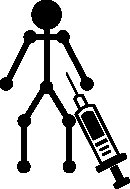Scarring
Scarring is the inevitable consequence of damage to the skin. Unfortunately scarless healing does not exist.
The extent of scarring and quality of wound healing is dependent upon a number of factors. Skin type often affects the quality of healing. Darker skin types have a tendency to form darker scars and suffer from post-inflammatory hyperpigmentation. They also have an increased tendency to develop hypertrophic scarring (raised scars). In Afro-Caribbean and Asian skin types keloid scars (raised scars that extend beyond the site of injury) are a problem.
Wounds that are subject to infection or chronic inflammation can also result in the formation of displeasing scarring especially in conditions such as acne. Certain regions of the body tend to scar less and heal faster than others. The face tends to heal quickly but is the most visible part of the body. Hypertrophic and keloid scars tend to develop over the back, chest and torso more so than the face. Scars need to be stable with no evidence of inflammation or infection before any treatment can be effective in the improvement of their appearance.

What sort of scars are associated with acne?
Acne is an extremely common condition affecting almost 80% of adults below the age of 25 years. Once resolved many are left with unsightly scarring. Acne scars can be classified into ice pick scars, rolling scars or boxcars. The deeper the sky the more difficult it can be to treat. Multiple treatment options are available and the best results are achieved with a combination of these.
For the best Acne Scar Treatment Results we offer a combination of ablative and non-ablative laser treatments with Aerolase Neo Elite and Aerolase Era Elite. The Neo Elite is a non ablative 1064nm Nd:YAG laser that penetrates deep to dermis. The Aerolase Era Elite offers skin resurfacing and both are combined together as part of the Reverse Neo protocol.
What treatment options are available for acne scars?
RF Micro needling with Sylfirm X in combination with new E50 Exosomes has been shown to have positive effects on acne scarring. A series of 3 to 4 sessions are needed and the risk of post inflammatory hyperpigmentation in susceptible individuals is very low. Skin texture can be affected by rolling scars and boxcars and often a levelling procedure is needed. The three-step peel, and in more severe cases, a controlled depth blue can help with this. However it is important to remember that for chemical peels, particularly deep chemical peels, it is very important that the skin is prepared well through the use of a ZO skincare regime lasting at least 6 to 18 weeks. Our premium treatments include the Aerolase Neo Elite and Aerolase Era Elite offering deep dermal non-ablative Nd:YAG in combination with superficial resurfacing with Erb:YAG. Most importantly these treatments are completely safe in all skin types especially skin of colour.
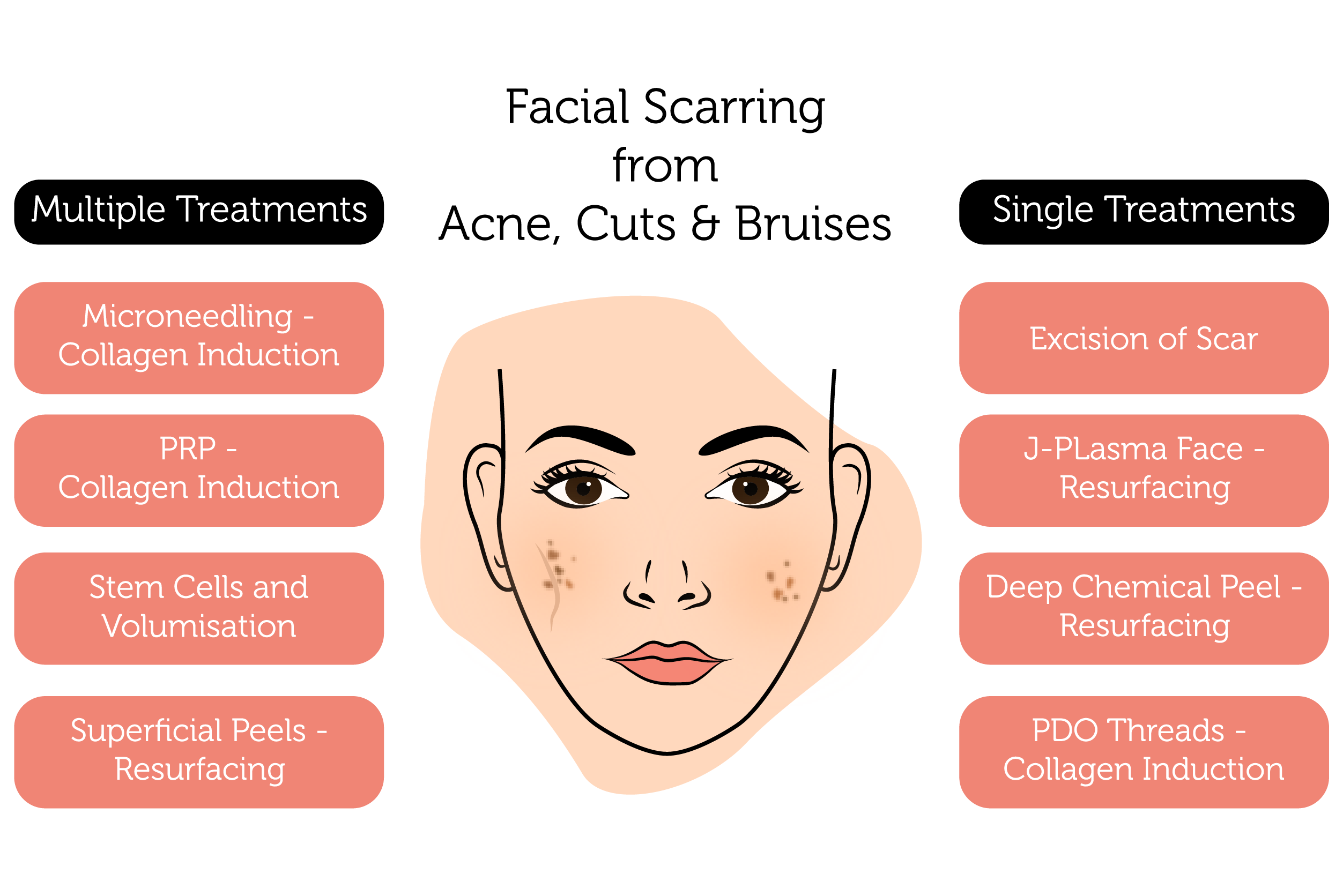

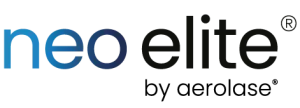

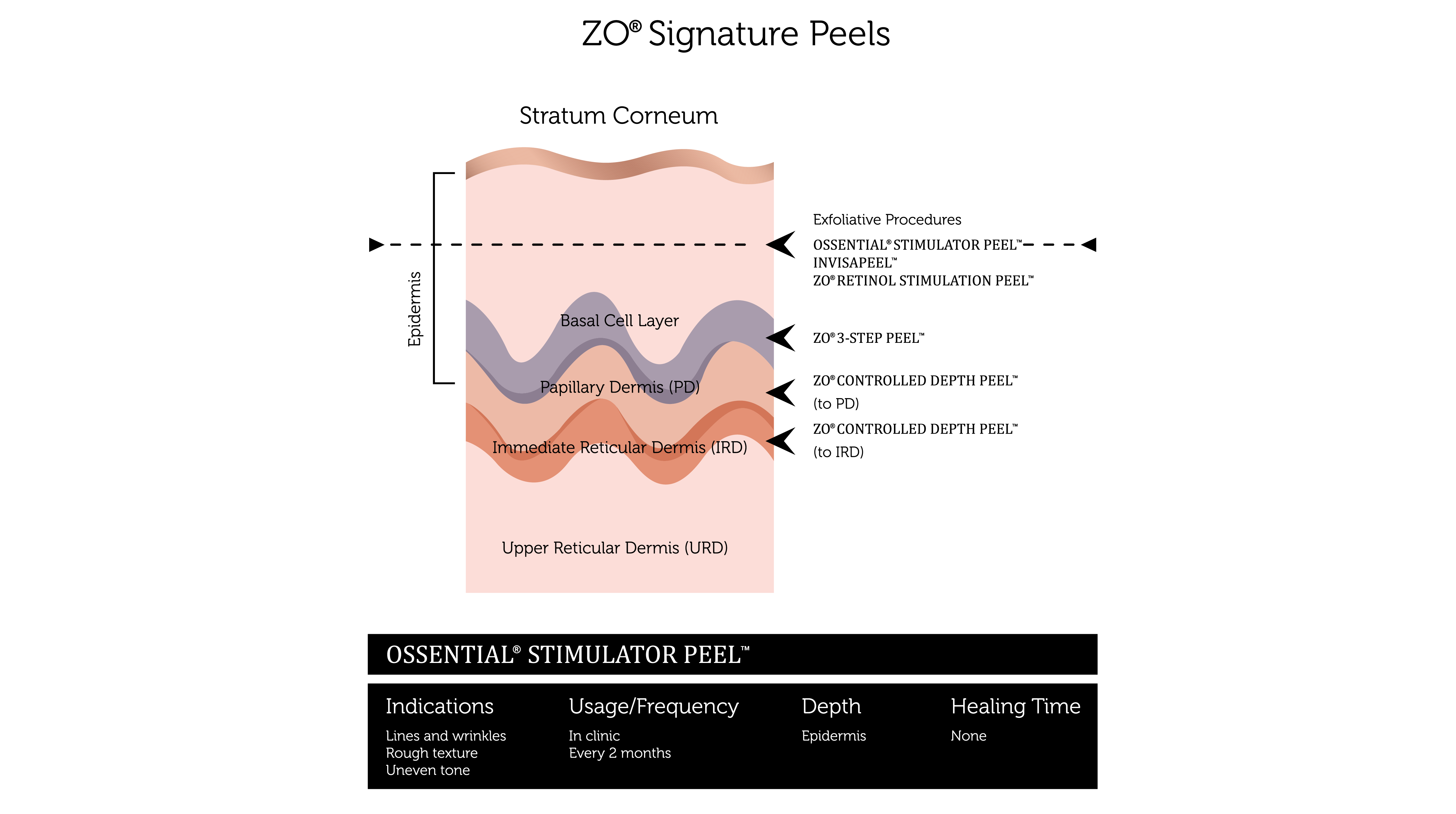
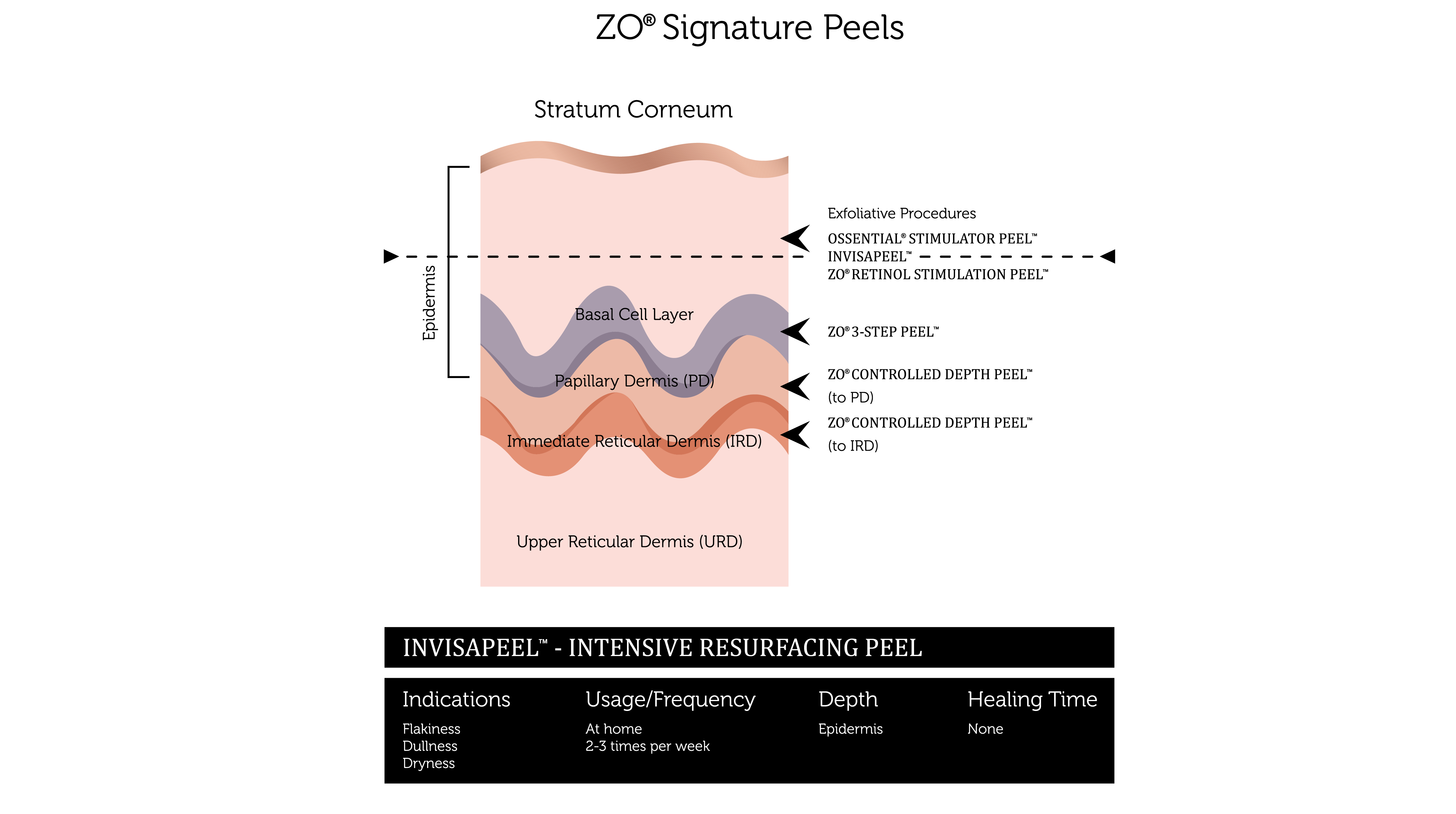
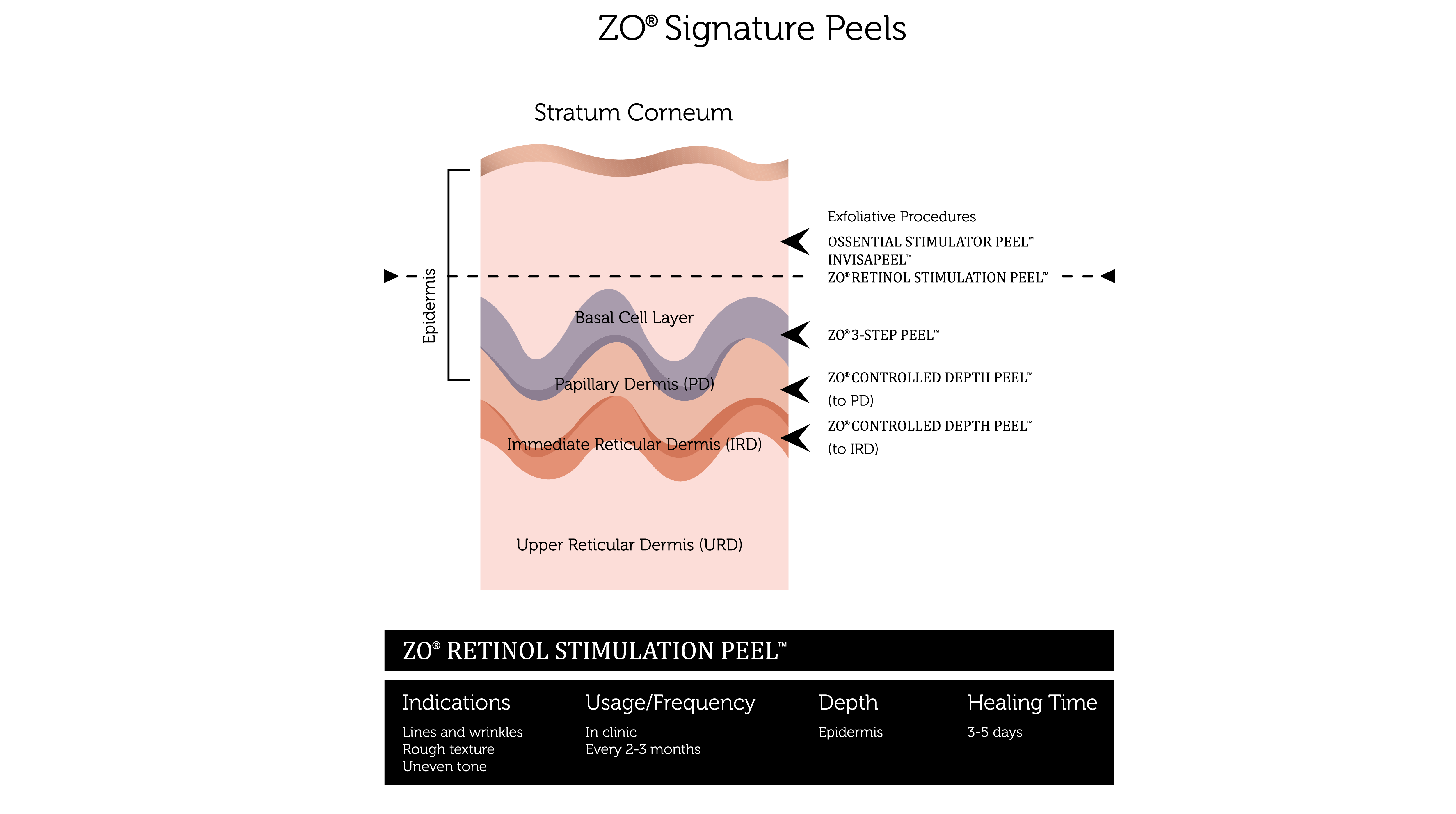
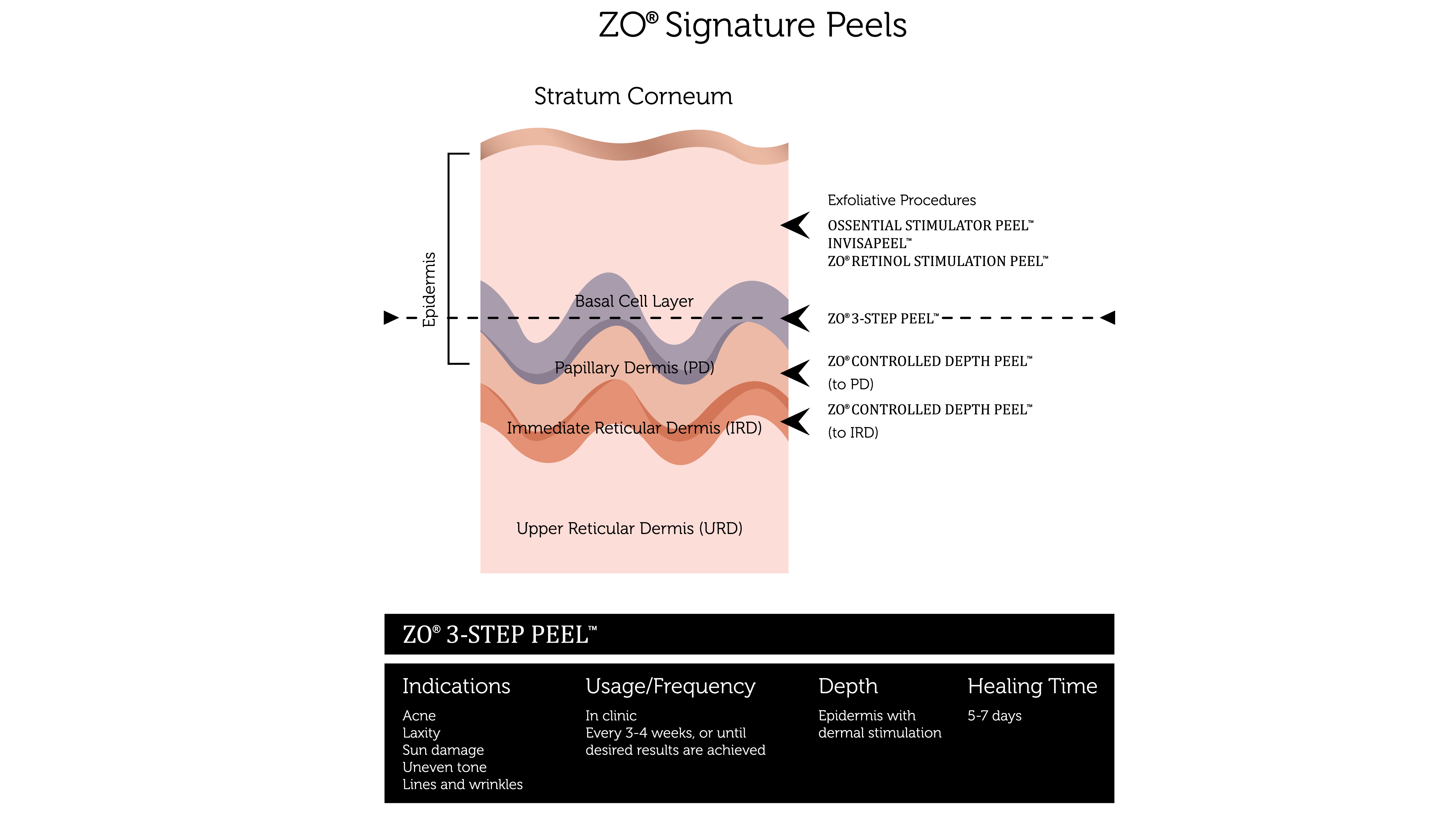
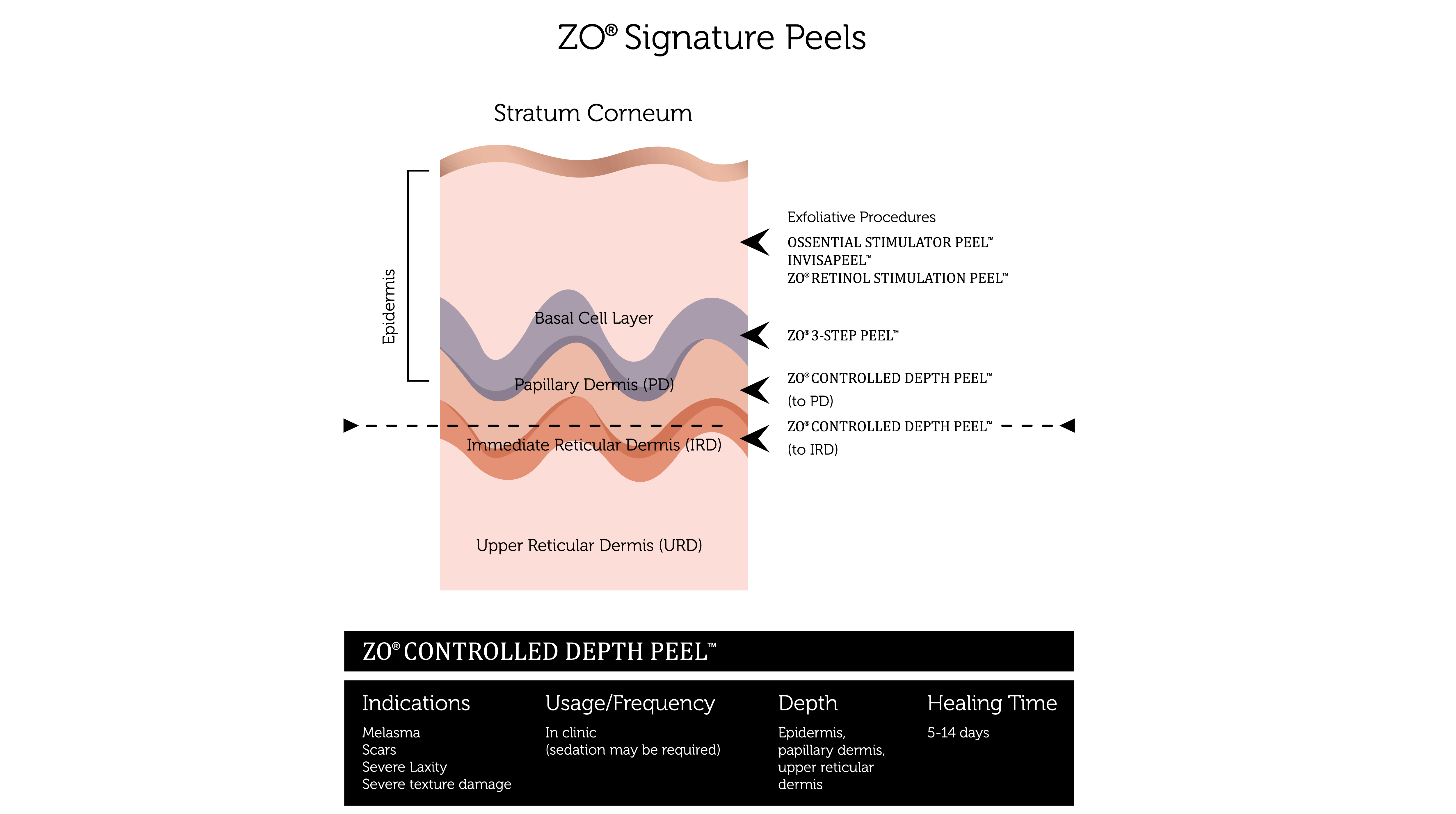
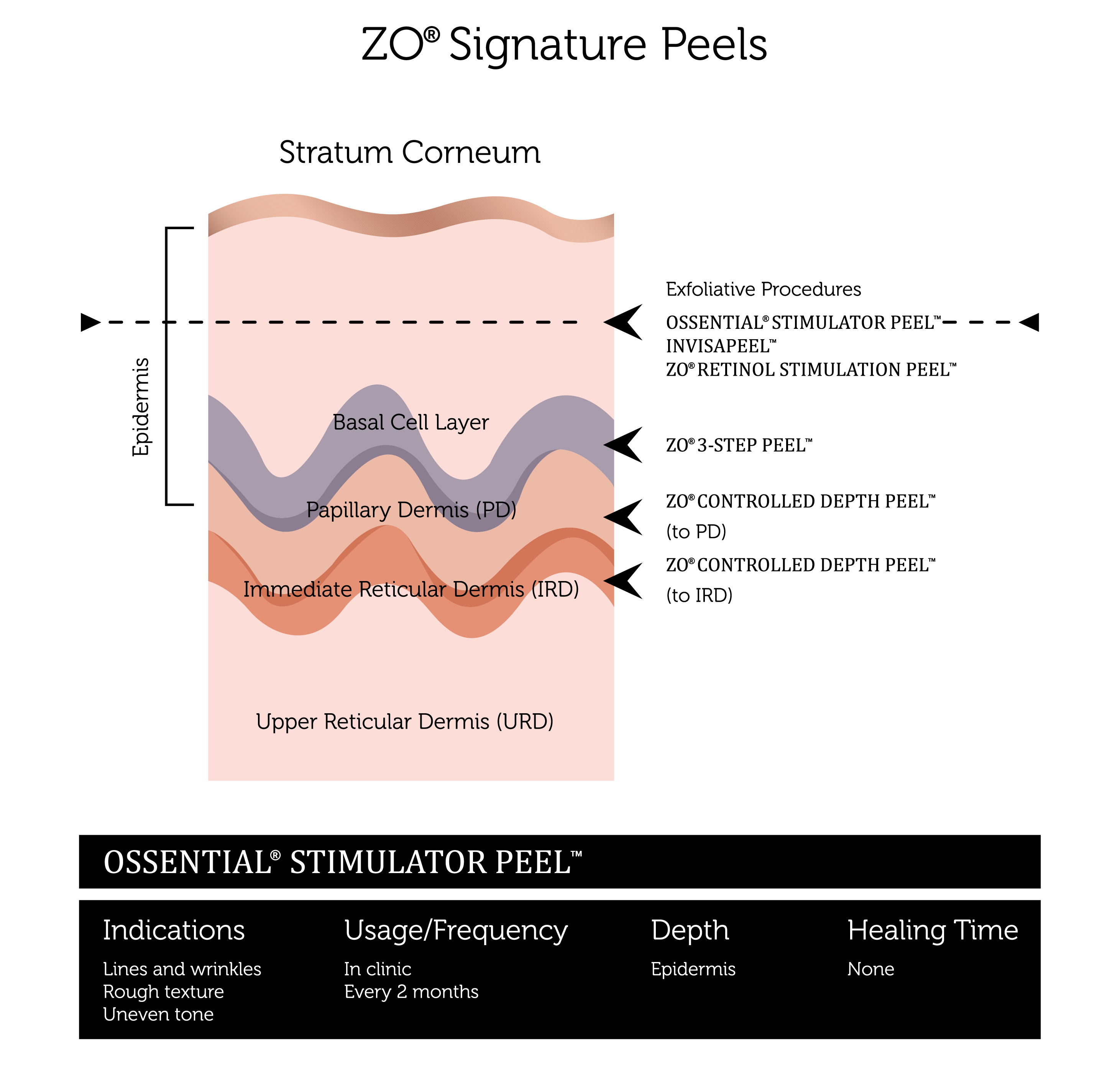
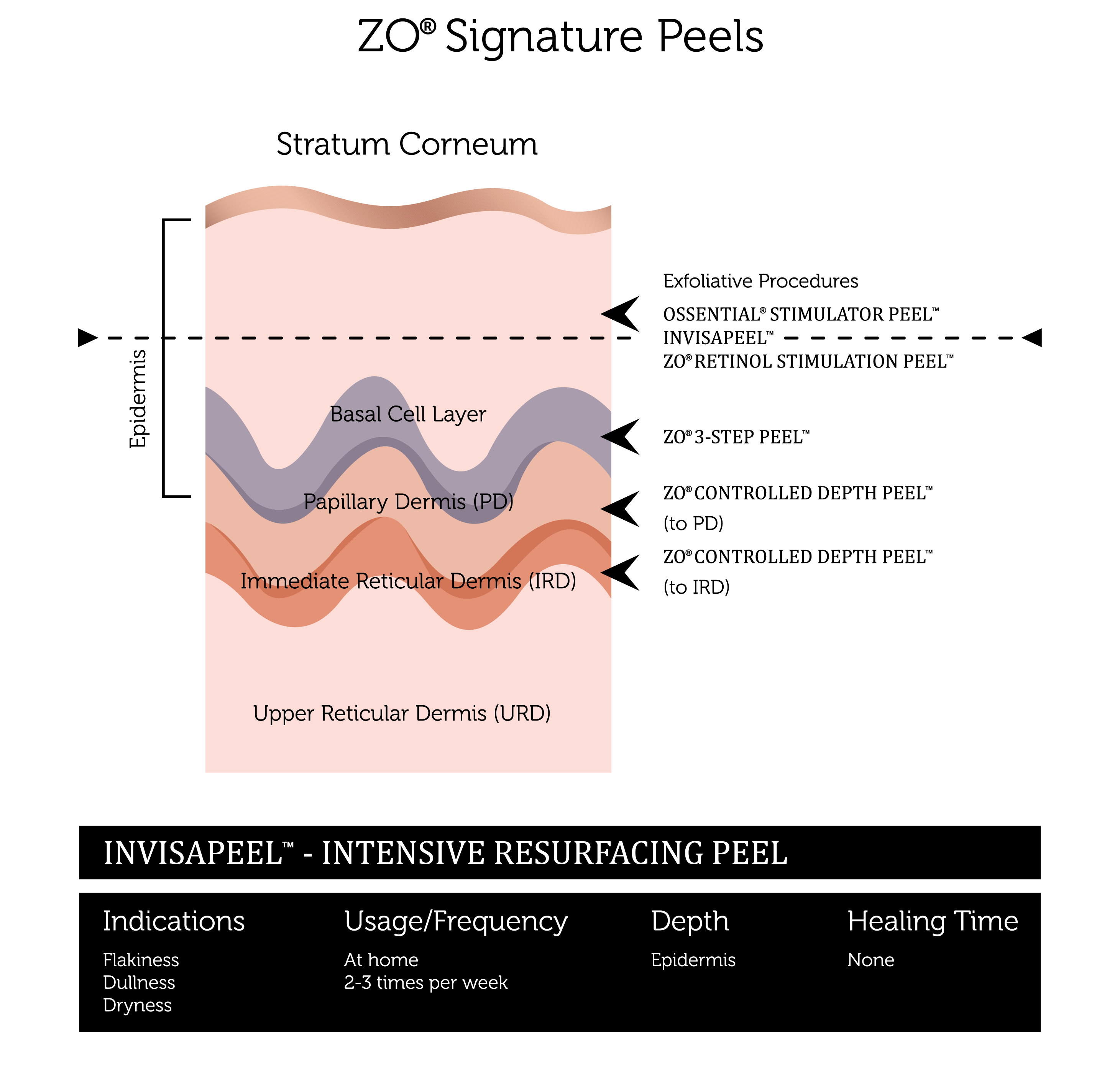
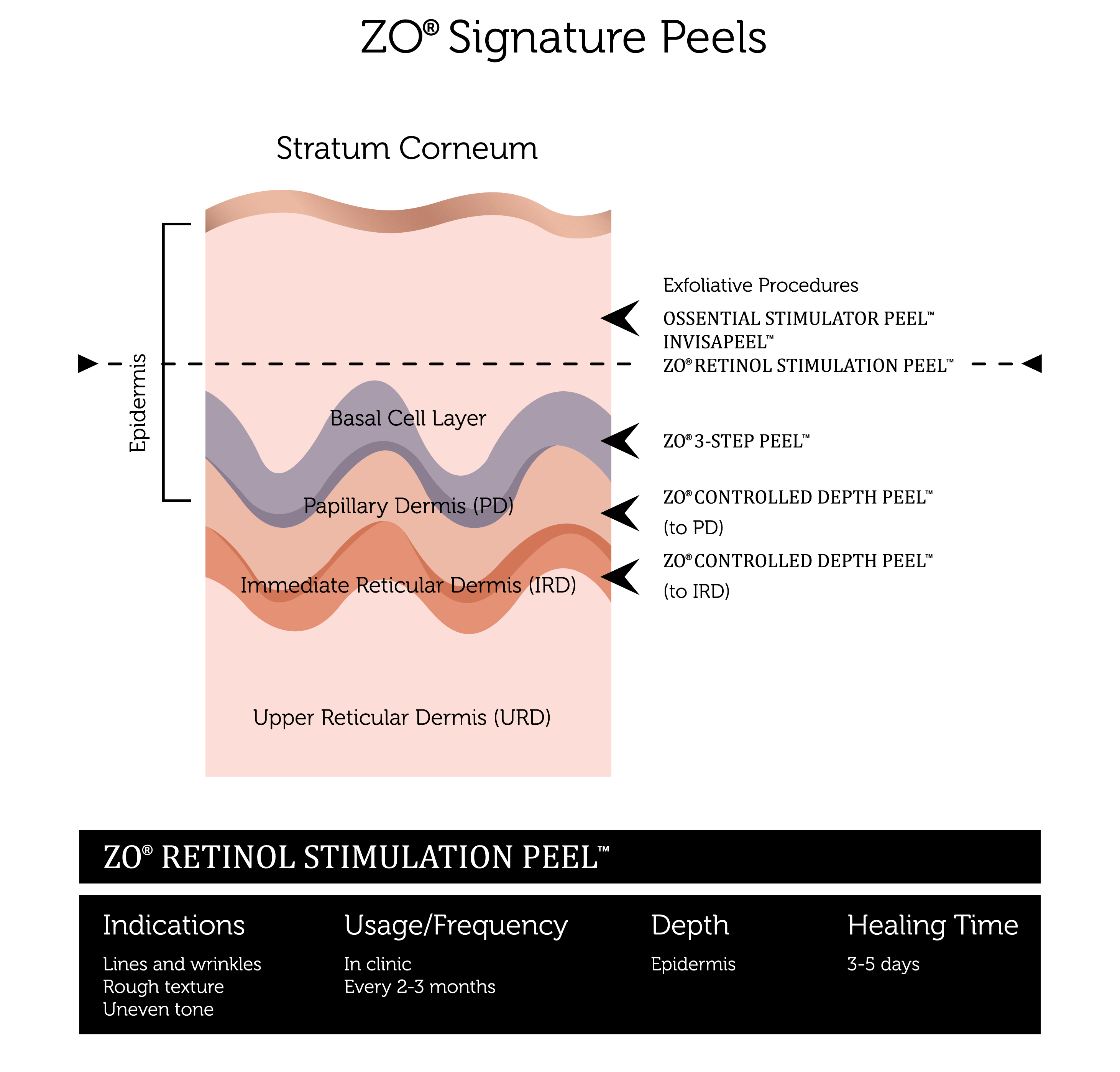
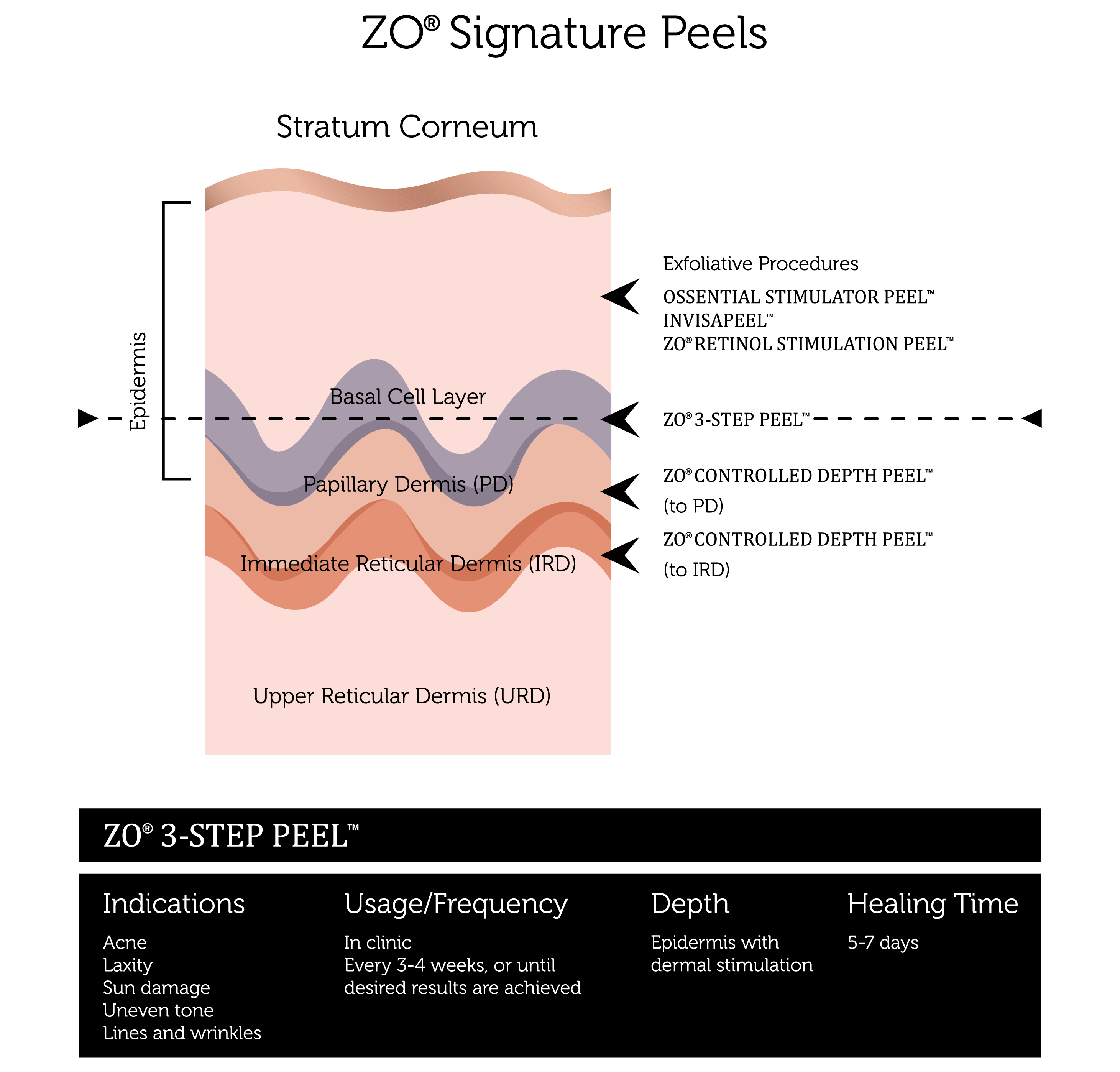
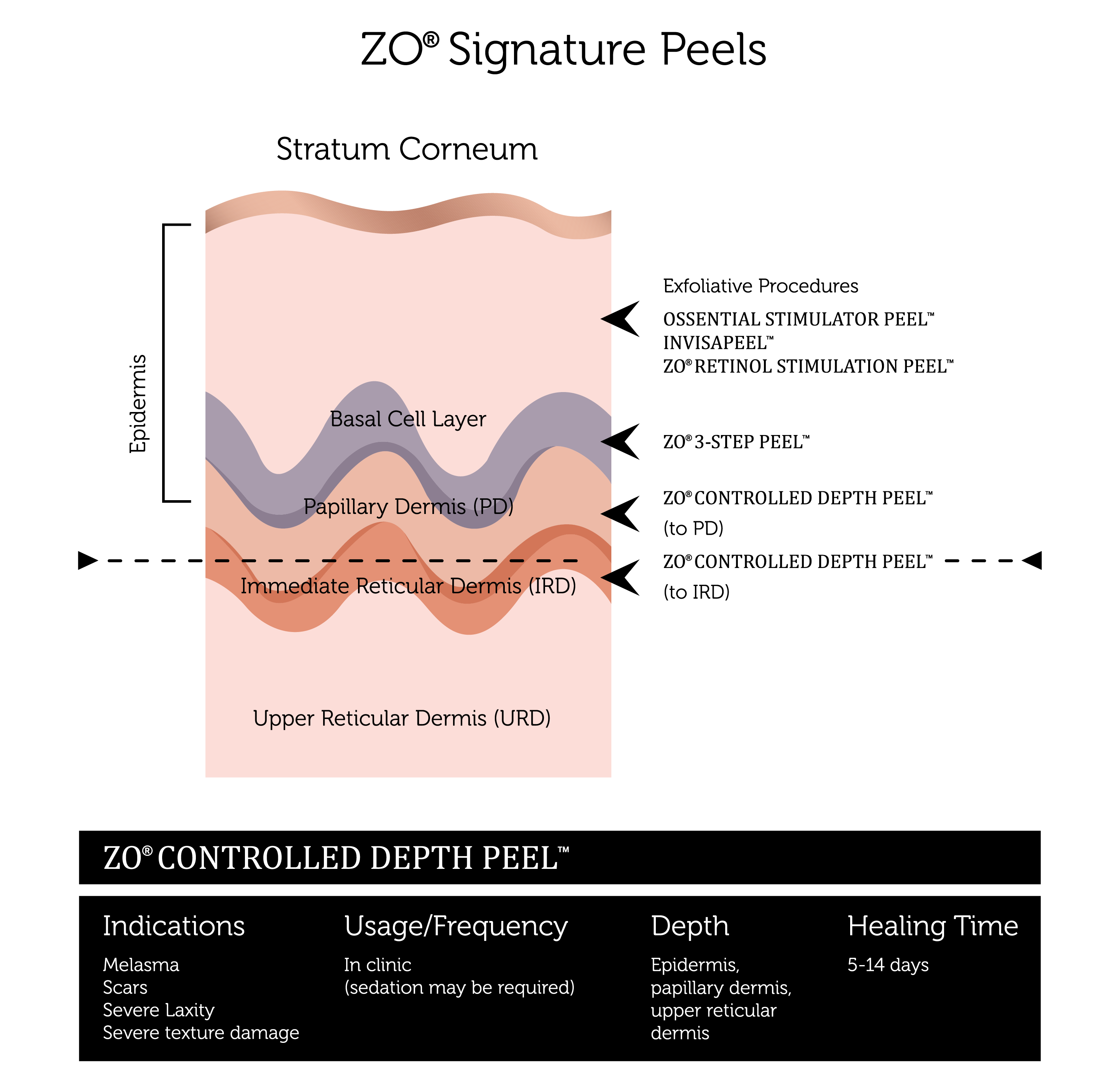
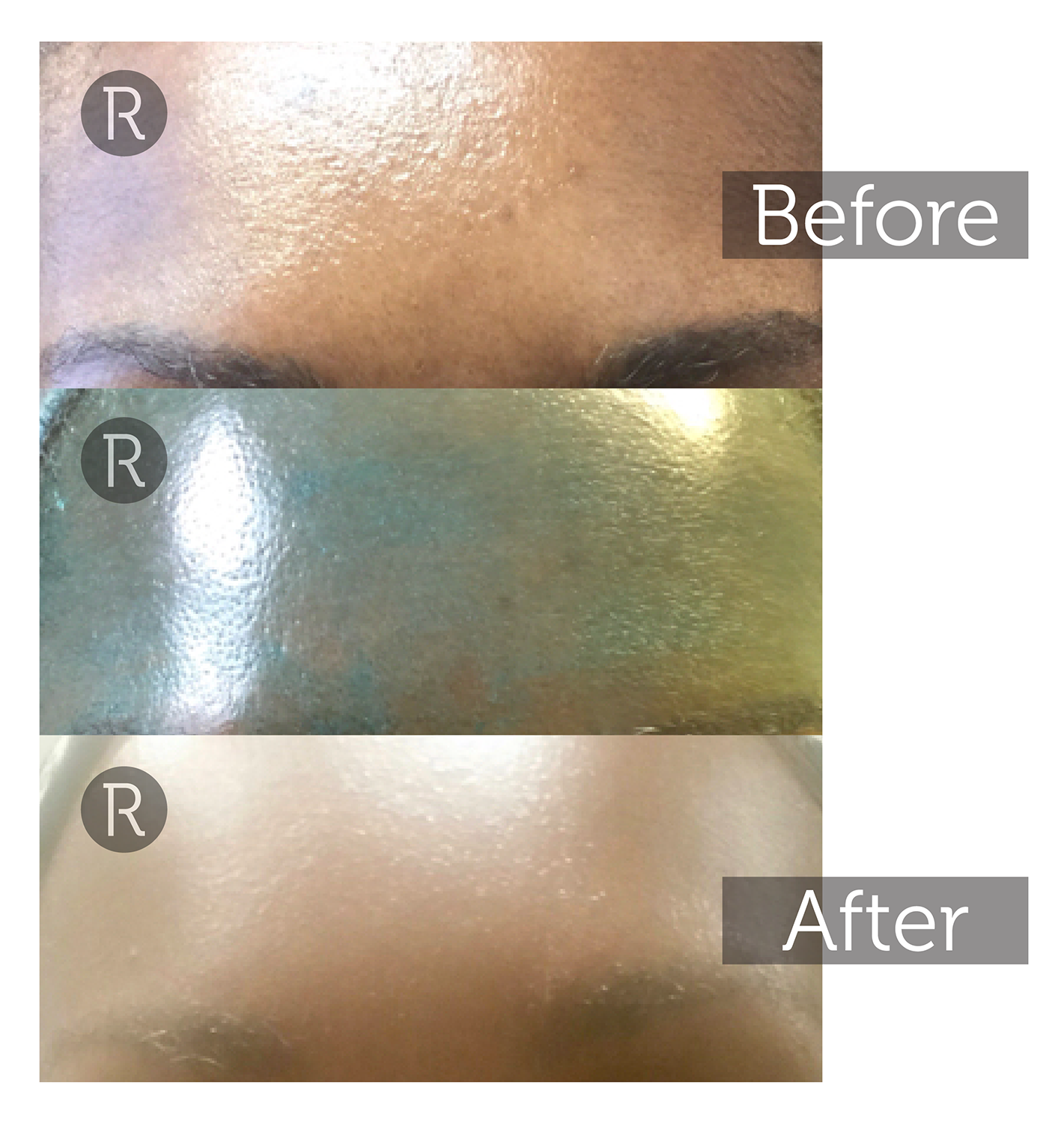
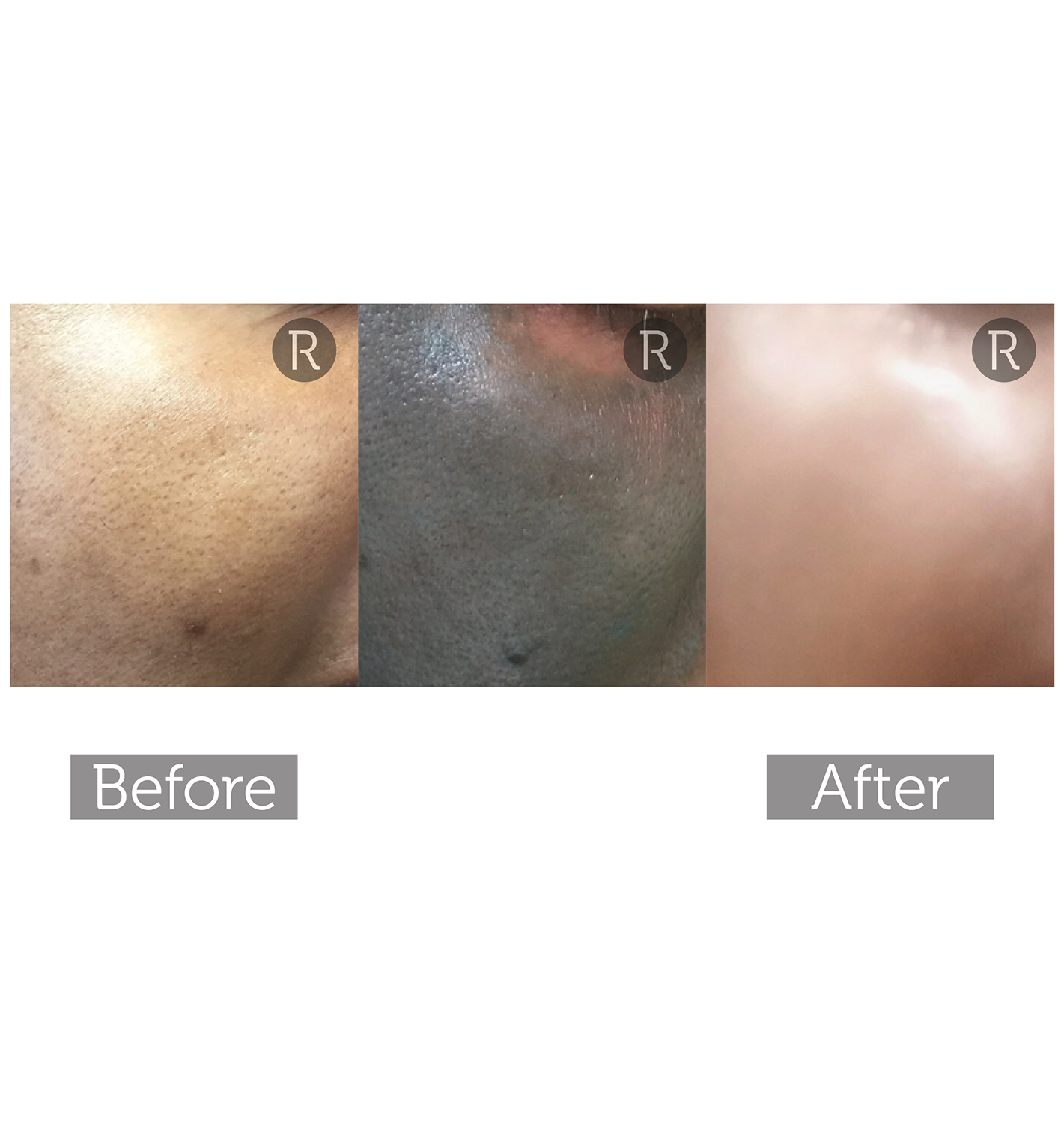
Reverse Neo for Acne Scarring
Severe cystic acne and multiple lesions can leave pits with significant scarring and hyperpigmentation. Post-inflammatory hyperpigmentation is particularly a problem in darker skin types, especially skin types IV to VI. Acne scars can be classified as ice pick scars, rolling scars and boxcar scars.
Aerolase Era Elite is a fully ablative Erb:YAG laser suitable in all skin types thanks to its 300-microsecond pulse duration and precise depth control with no demarcation lines enabling bespoke skin resurfacing. It is similar to a Fraxel CO2 laser but is safer in darker skin types.
Aerolase Era Elite can be combined with Neo Elite to offer a fully ablative resurfacing treatment to help improve contours and poor skin texture and skin tone immediately following deep dermal collagen stimulation with Neo. The unique ‘Reverse Neo’ protocol combines Neo and Era in a single session to offer excellent results. The ‘Reverse Neo’ protocol has can finished off with Target Cool delivered topical rejuvenating E50 Exosomes. This speeds up recovery and can help with redness and pigmentation.
Rejuvence Philosophy
At Rejuvence we understand the psychological distress that scars, particularly those on the face, can have on self esteem and confidence. We have experience and a thorough understanding of different types of scarring and what treatments work best. Using an evidence based approach we always strive to develop bespoke treatment plans to provide realistic improvements in appearance.
This is the result of increased pigmentation at the site of a previous injury to the skin following healing. Post inflammatory hyperpigmentation can be treated with a combination of bleaching and blending with hydroquinone and tretinoin. Depending upon the depth of the hyperpigmentation chemical peels including the 3-step peel and controlled depth blue peel can be used to improve hyperpigmentation following a period of stabilisation of skin health with a good skin care regime. Chemical peels can also help to improve skin texture and tightening of the skin.
Stable scars over regions of lacerations or following surgery are amenable to improvement with a number of treatment options. Any element of post inflammatory hyperpigmentation can be treated with bleaching products containing hydroquinone and, if need be, blending with a combination of hydroquinone and tretinoin. Scars can be improved by reactivating the healing process using micro needling. Injection of platelet rich plasma into scars have demonstrated improvements in scar appearance following 3 to 4 sessions over a period of 3 to 4 months. Stem cell treatments can provide even better results. In some cases however, excision of the scar with closure is necessary. This is normally limited to large substantial scars. A combination approach will yield the best results.
J Plasma, also known as Renuvion, is a revolutionary new treatment only available at Rejuvence Clinic. We are the first clinic in the UK to provide J Plasma. J Plasma uses cold helium and can provide incredible facial resurfacing results. This technology was first introduced in the US and many prominent cosmetic doctors have found it can give great results, especially for acne scarring. However, it is a big undertaking and the skin needs to be prepared well and needs a number of sessions of Dermalux LED therapy as well as PRP and Stem Cell treatments afterwards. But great results are possible and it compares very favourably with more expensive Fraxel CO2 Laser treatments. For further details please contact us for a consultation.
Hypertrophic and keloid scars can prove very stubborn and difficult to treat. The best form of treatment is usually prevention in patients known to be susceptible. The use of compression garments and regular massaging with silicone gel can often help reduce the occurrence of hypertrophic and keloid scars. These types of scars are often treated with injections of small amounts of steroid that can help to reduce them in size. Following improvement complete excision is normally the best option. Other treatment modalities may only serve to worsen the scars. Hyperpigmentation of hypertrophic and keloid scars can be treated with hydroquinone in combination with or without tretinoin.













